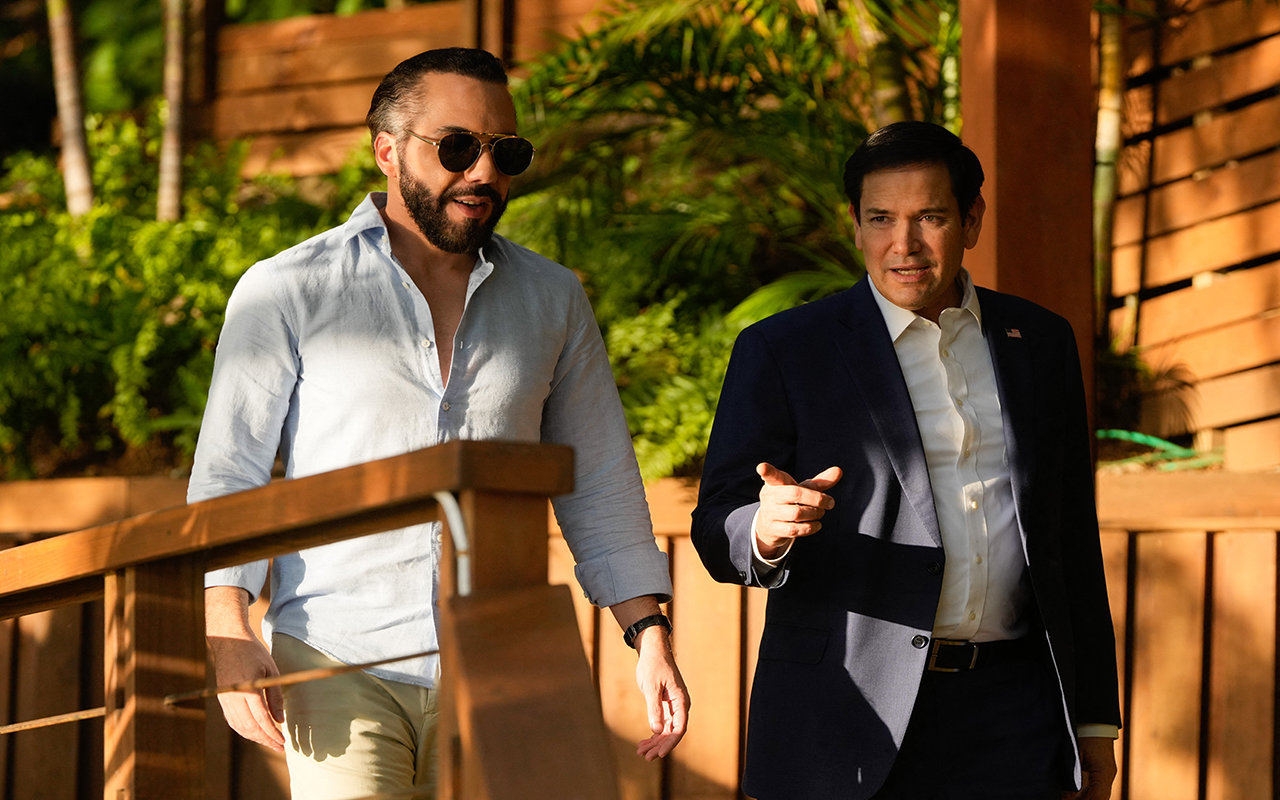
El Salvador Agrees to House Violent US Criminals in Landmark Deal
US and El Salvador strike a controversial deal to deport and incarcerate violent criminals, including US citizens, in El Salvador's mega-prison.
In a groundbreaking move, El Salvador has offered to accept violent criminals from the United States, including deportees of any nationality, under a new agreement that has raised significant legal and ethical questions. The announcement was made by US Secretary of State Marco Rubio following discussions with Salvadoran President Nayib Bukele during a tour aimed at bolstering support for the Trump administration’s strict immigration policies.
Under this unprecedented arrangement, El Salvador will not only continue to accept its nationals deported from the US but will also take in foreign criminals currently detained in the US, including members of notorious gangs such as MS-13 and Tren de Aragua. Additionally, the deal extends to American criminals, allowing them to be housed in Salvadoran prisons.
This announcement comes amidst ongoing criticism of President Bukele's administration for human rights violations, particularly concerning the treatment of detainees. Since Bukele declared a state of exception in March 2022 to combat gang violence, over 81,000 people have been incarcerated, leading to overcrowded prisons and harsh conditions. Human rights organizations have condemned these conditions as inhumane, lacking basic provisions for sanitation, potable water, and adequate ventilation.
The main facility for these detentions will be the Terrorism Confinement Centre (CECOT) in Tecoluca, which opened its doors in February 2023. It is designed to hold up to 40,000 inmates and represents a cornerstone of Bukele’s strategy to control gang activity. President Bukele has touted the agreement as financially beneficial, stating that the fees collected from the US would support the sustainability of El Salvador’s prison system.
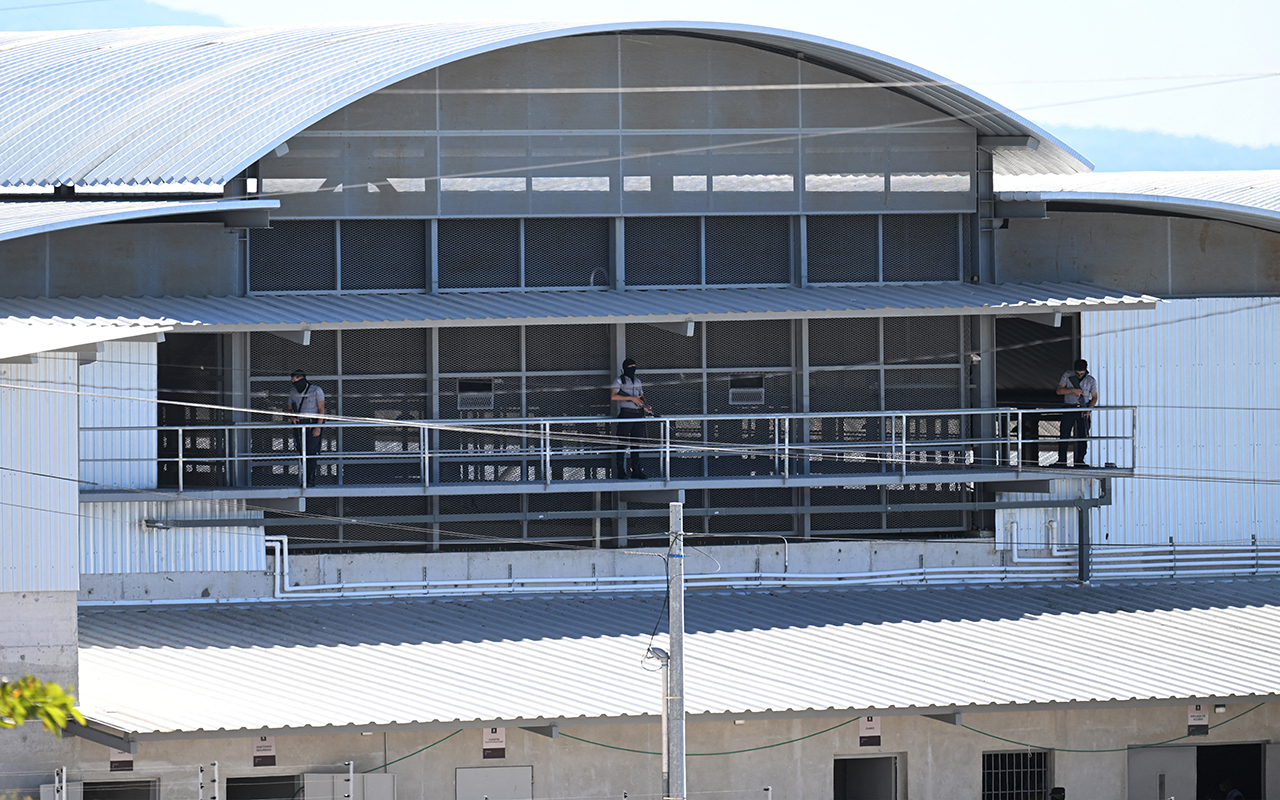
However, the legality of this deal has been called into question. Experts argue that deporting US citizens, whether incarcerated or not, is prohibited under US law. Leti Volpp, a law professor at UC Berkeley, emphasized that such actions are unequivocally illegal, with no legal framework supporting the deportation of US nationals to foreign detention facilities.
RELATED CONTENT
The plan has been met with a mixture of praise and severe criticism. Supporters within the Trump administration have lauded the agreement as a bold step towards addressing criminal activities linked to transnational gangs. Conversely, rights groups and critics argue that it marks a concerning shift towards treating migrants and criminals as commodities, disrespecting their basic rights and dignity.
Notably, Elon Musk, among other influential figures, endorsed the plan, calling it a "great idea" on social media platform X. However, advocacy groups like the League of United Latin American Citizens (LULAC) have expressed profound disappointment, with LULAC’s president, Roman Palomares, criticizing the dehumanization of migrants involved in the deal.
The international response has been similarly polarized. Manuel Flores, leader of El Salvador's leftist Farabundo Martí National Liberation Front party, vehemently opposed the arrangement, likening it to treating Central American countries as "garbage dumps" for unwanted individuals from the US.
As this deal unfolds, it underscores a significant and potentially troubling evolution in international immigration and criminal justice policy. It highlights a transactional approach to human rights and international law, prioritizing expedient solutions over ethical considerations. The long-term implications of such policies on international relations, domestic legal standards, and human rights remain to be seen, as does the legality of the actions proposed by the Trump administration.



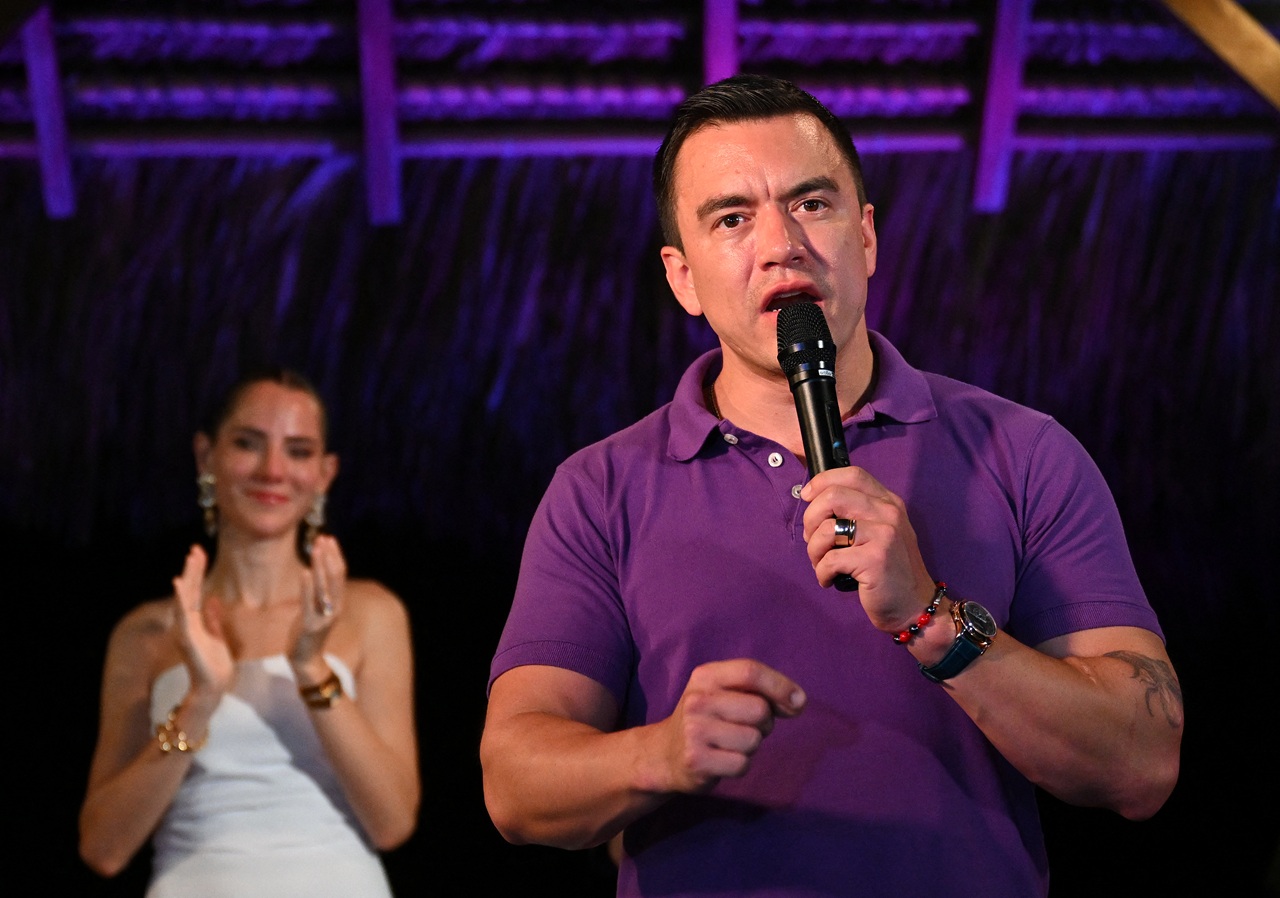

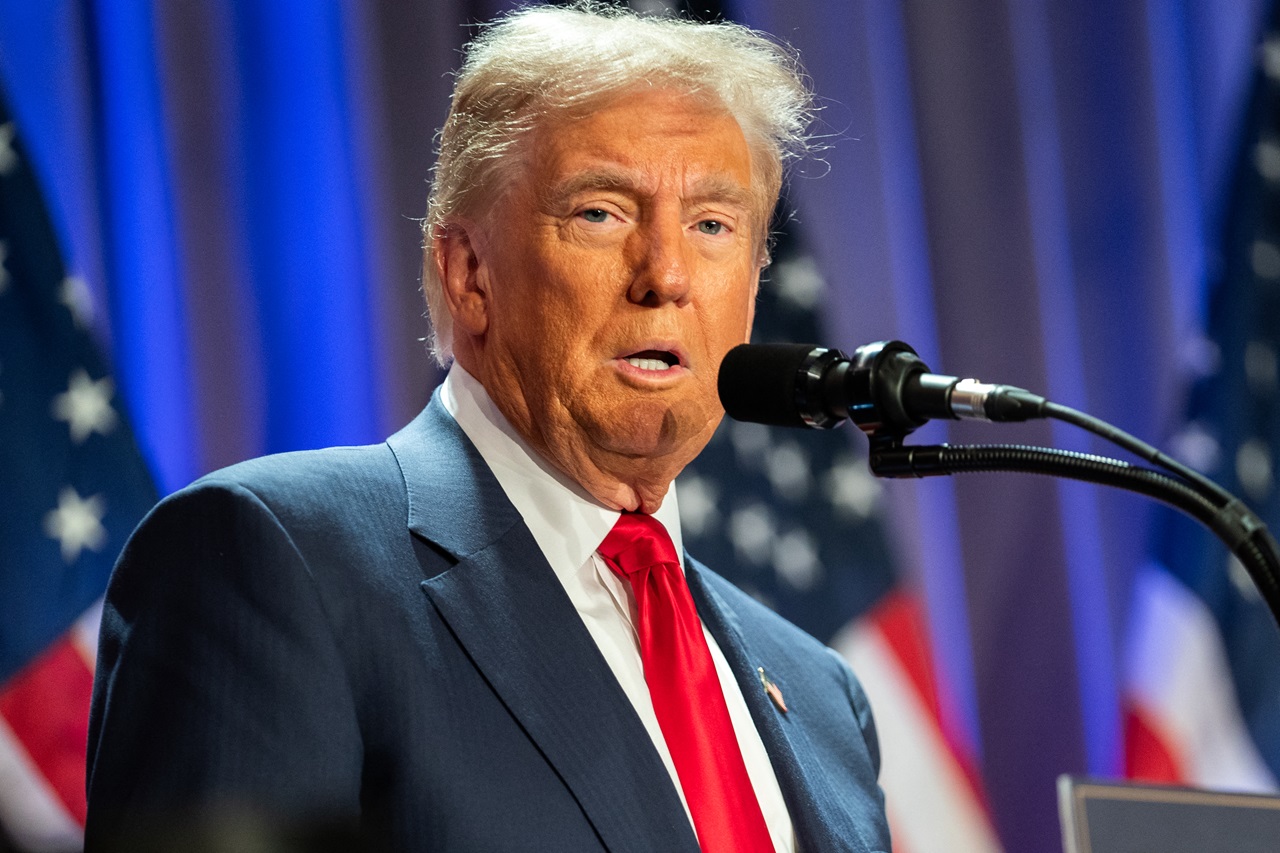
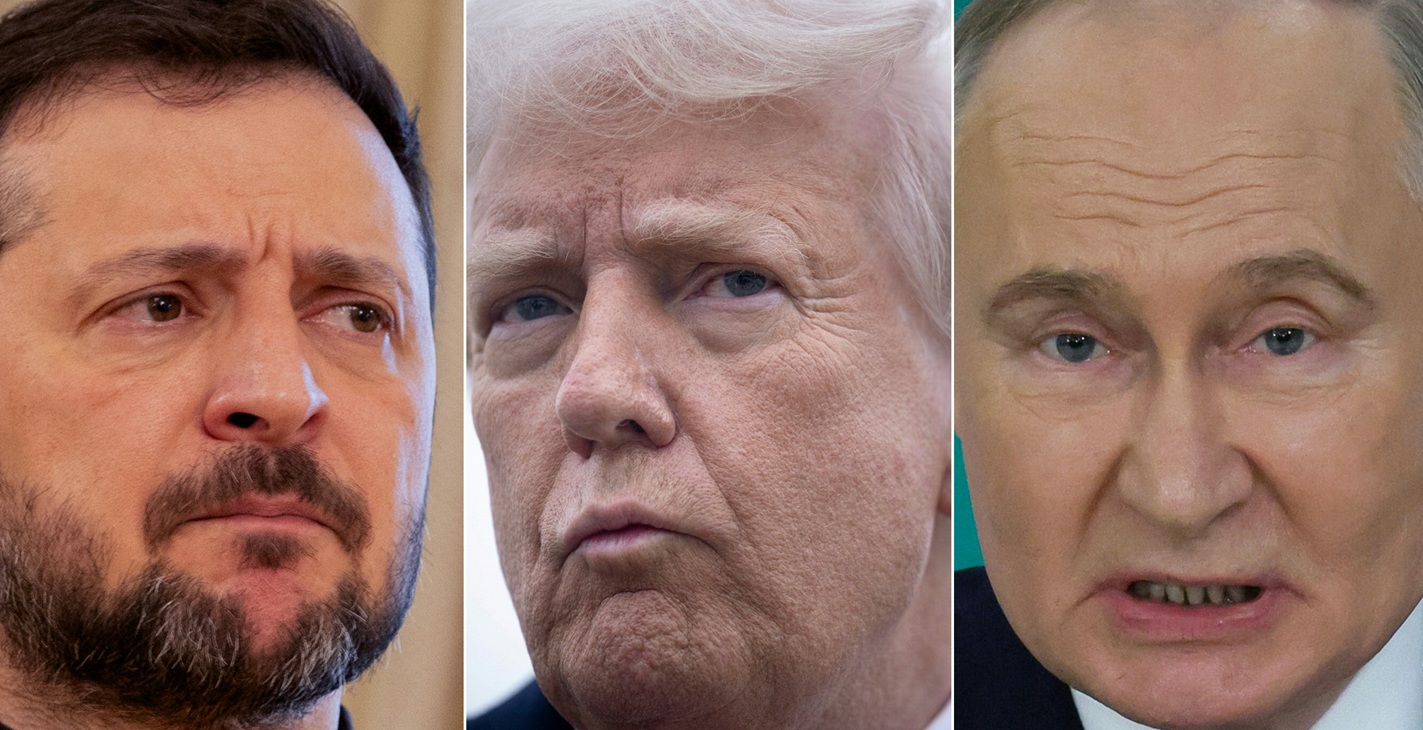


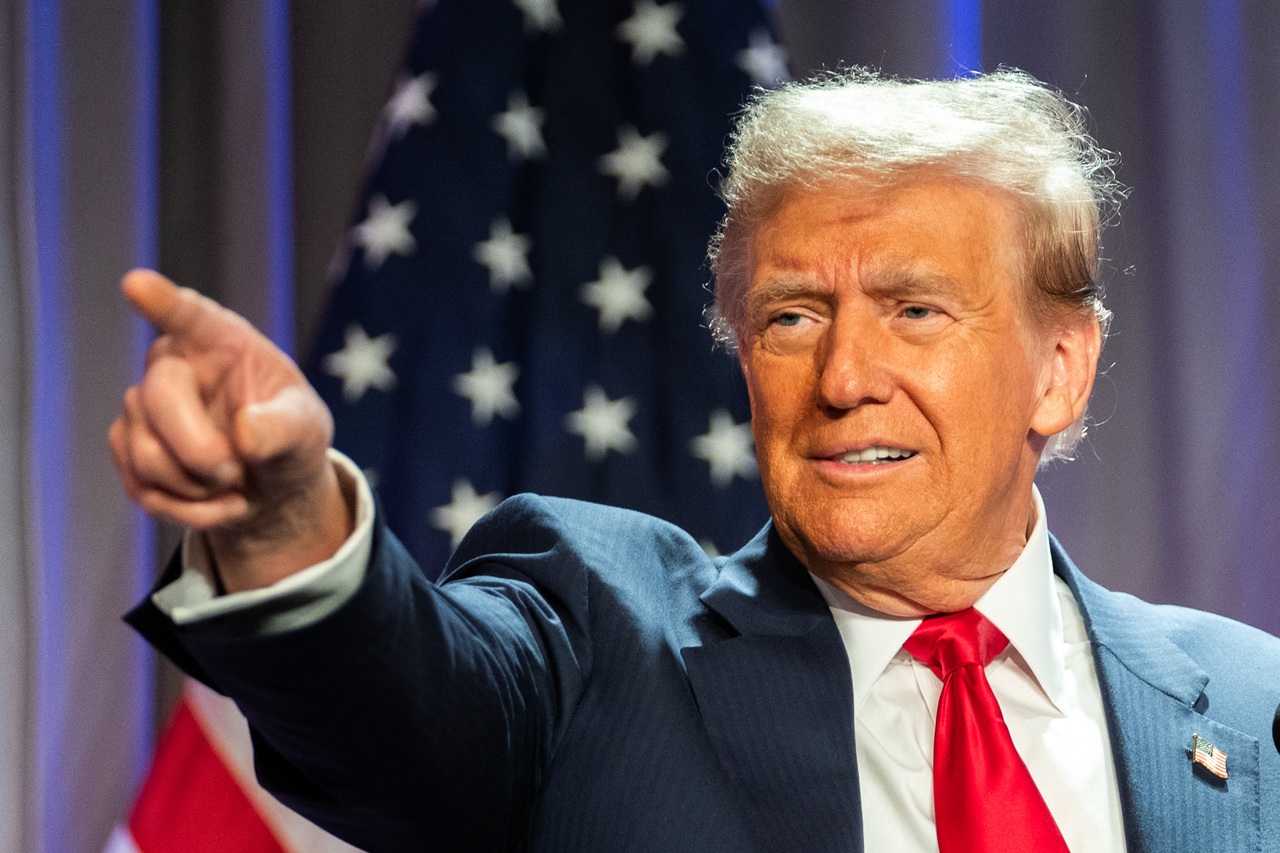

LEAVE A COMMENT: